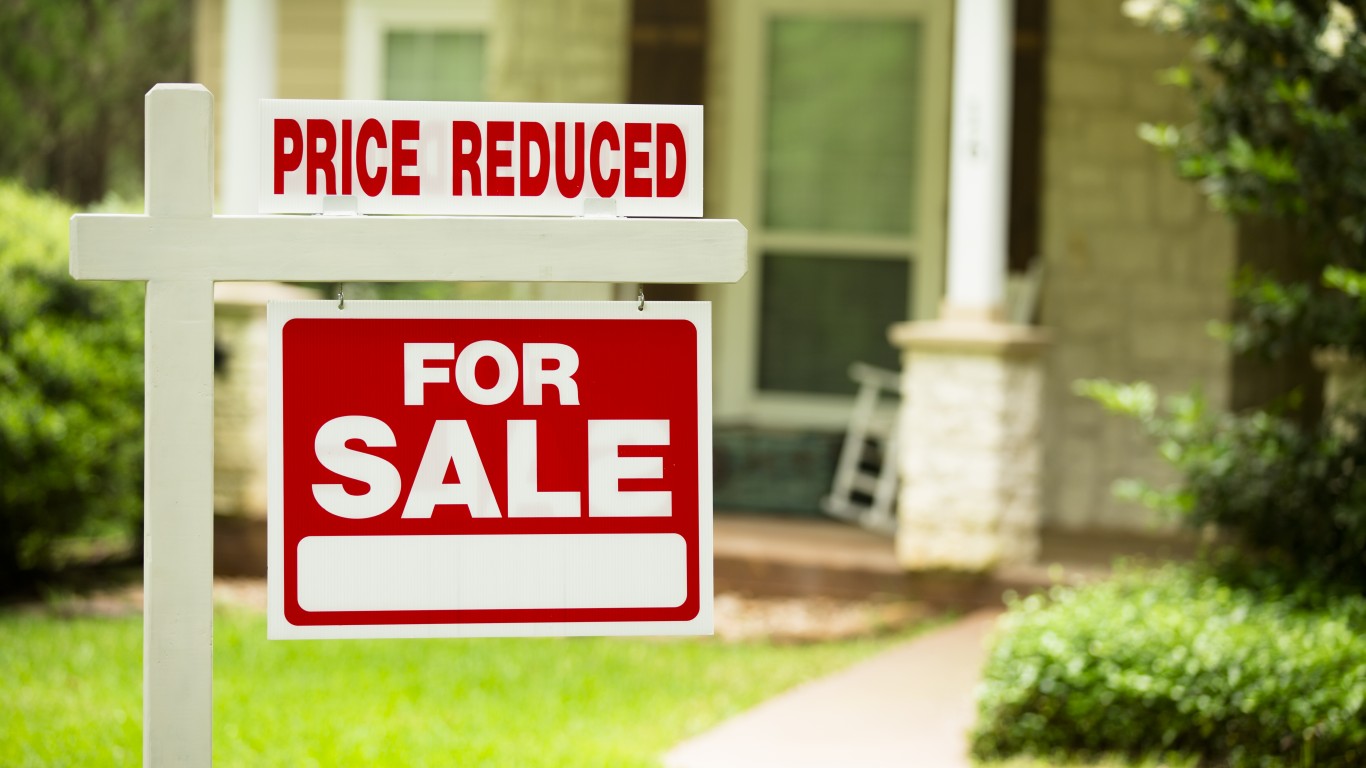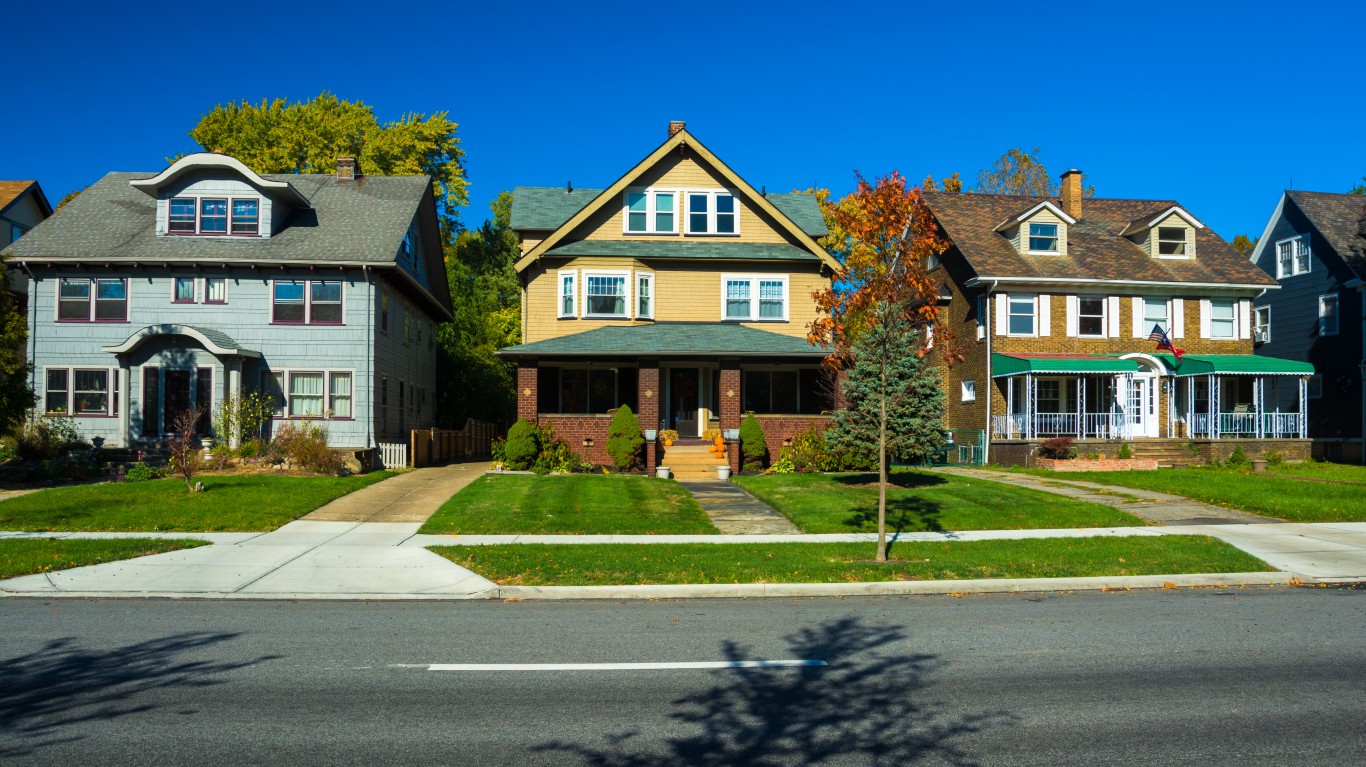 Nothing kills a business quite so fast as when its most critical products become commodities. And the list of industries with this problem is growing. Even the price of homes has fallen victim to changes in how products and services are priced.
Nothing kills a business quite so fast as when its most critical products become commodities. And the list of industries with this problem is growing. Even the price of homes has fallen victim to changes in how products and services are priced.
The Nikkei news organization reports:
Sales of Japanese-made equipment for manufacturing flat panels are expected to plunge by half this fiscal year due to falling prices for LCD panels used in televisions.
The Semiconductor Equipment Association of Japan released the information about the astonishing decline.
The price of LCD TV screens has fallen for several years. With the number of competitors in the market, and the drop in component prices, there is absolutely no reason to argue that the industry will recover.
Deteriorating margins and the erosion of price happened as quickly in consumer electronics and PCs as in any other industry. The trend in PCs has wounded large firms, including Dell (NASDAQ: DELL) and Hewlett-Packard (NYSE: HPQ). While the cost of chips from Intel (NASDAQ: INTC) and AMD (NYSE: AMD) have dropped, consumers have come to expect that they can buy products from Lenovo, Acer and other low-priced manufacturers that have used a drop in component prices to sell their PCs at low prices to gain market share. Wall St. has decided that only Apple (NASDAQ: AAPL) can sell PCs at premium, and the share prices of HP and Dell reflect that.
The commoditization of products has begun to move from electronic products to the online content world, another industry in which the old line businesses have been replaced by new ones. The coin of the realm online is time, not money. But the erosion of time spent on traditionally well-trafficked sites has undermined the fortunes of businesses like Yahoo! (NASDAQ: YHOO) and the Internet properties of the New York Times (NYSE: NYT). Their content may be expensive to produce, but Internet users have turned to sites with content costs that are close to nothing — Facebook (NASDAQ: FB) and Twitter. The margins of the old line sites, based on the ability to keep ad prices high, will never return to previous levels.
And housing is an industry that has been damaged as much as any other as its “products” have become common at historically low prices and easy to obtain. Buyers have more leverage than they have had in recent memory. The availability of homes in foreclosure or that need to be sold quickly has helped kill home equity, which already was under pressure because of the erosion the recession put on house prices in general. As much as anything else, the margins of the American home are more critical than any other sector of the economy because of the tremendous effect of the financial fortunes of much of the population.
Commoditization has killed many industries and wounded others. No one expected that eventually would spread to parts of the economy essential to its health. But the trouble has, and with hundreds of billions of dollars in lost home equity, the American economy will take years to recover.
Douglas A. McIntyre
It’s Your Money, Your Future—Own It (sponsor)
Retirement can be daunting, but it doesn’t need to be.
Imagine having an expert in your corner to help you with your financial goals. Someone to help you determine if you’re ahead, behind, or right on track. With SmartAsset, that’s not just a dream—it’s reality. This free tool connects you with pre-screened financial advisors who work in your best interests. It’s quick, it’s easy, so take the leap today and start planning smarter!
Don’t waste another minute; get started right here and help your retirement dreams become a retirement reality.
Thank you for reading! Have some feedback for us?
Contact the 24/7 Wall St. editorial team.




